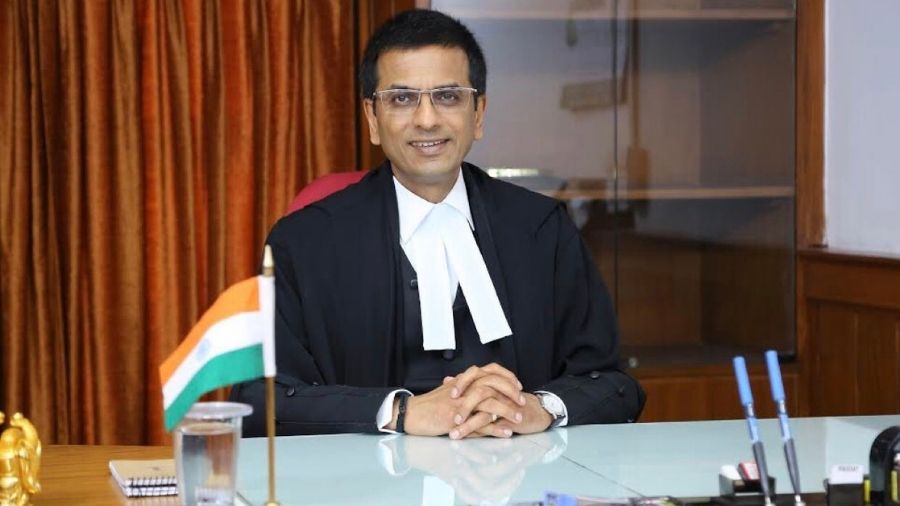The assurance of the triumph of truth — satyameva jayate — is inscribed on India’s national motto. Yet, in a Post-Truth polity, one in which contestation over truth — indeed the falsification of truth — is not unprecedented, citizens and institutions have to be mindful about the version of truth that is allowed to be triumphant. The pursuit of truth and its attendant challenges formed the heart of a stimulating memorial lecture delivered by the Supreme Court judge, D.Y. Chandrachud, recently. Mr Chandrachud’s observations and inferences have philosophical and political relevance in the Indian as well as the global context. Given the State’s complicity in manufacturing truth, Mr Chandrachud iterated that speaking truth to power — in other words, demanding accountability from the powers that be — should be transformed into a public undertaking. Public, in essence, implies a shared, collective responsibility. This task, therefore, does not fall on the citizen alone. It needs to be complemented by strengthening institutions such as the media as well as by removing stains from the electoral process. The importance of this initiative is underlined by the fact that the health — survival — of a democracy is predicated upon the endurance of a culture of truth. The judge’s words have a special significance at a time when there is growing evidence in the form of international, credible assessment that the weakening of India’s democratic edifice has coincided with the capitulation of the fourth estate to an authoritarian, albeit elected, dispensation. That the erosion of institutional integrity can be instrumental in impairing the fate of democracy has been demonstrated by the alleged partisanship of bodies that are supposedly the custodians of a democracy.
The commitment to uphold truth, Mr Chandrachud warned, is seldom a simple exercise. This is because of the multifaceted nature of truth. This fragmentation is not a feature of the Post-Truth world alone. In diverse, but non-representative, societies that do not accommodate the opinions of those on the margins — Dalits, women, religious and sexual minorities in the Indian set-up — the version of truth that becomes dominant may turn out to be exclusive in nature. The challenge, therefore, is to develop the mechanisms of consensus. But such a concord among communities is likely to remain elusive unless the leverages of power are representative. The Mahatma — arguably the most famous Indian in modern times — was a seeker of truth. Mr Chandrachud’s invocation of truth, its relevance to democracy, and its impediments harks back to the legacy left behind by that great man in the 75th year of Independence.











